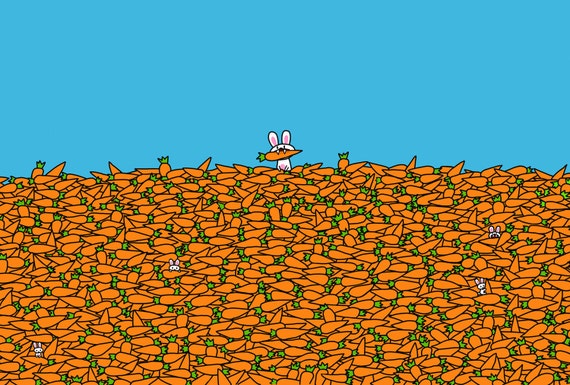The Jayne Cobb hat debacle
If you’re a knitter, a maker, or a Firefly fan, chances are you’ve heard about Fox’s mass take-down of all unlicensed Jayne Cobb hats from various handmade selling venues. The argument I keep hearing over and over against this action is that a hat is a useful article and useful articles can’t be copyrighted. And that’s true.

But it’s not the end of the argument, because the names “Jayne Cobb” and “Firefly” and “Serenity” are all the intellectual property of Fox. If anyone selling a Jayne Cobb hat is calling it a Jayne Cobb hat, then they are absolutely infringing on a trademark. It doesn’t matter if you slap “inspired” on there, either. A name is a name, and if it’s trademarked, it’s trademarked.
The Catch 22 is that if you don’t use the name, you could (in theory) sell the hat free and clear and perfectly legally. But if you don’t use the name, how will Firefly fans find it? And that is exactly why these companies trademark everything. If you’re in the market for a “Jayne Cobb hat”, they want their hat and only their hat to be what you find.
I say “in theory” because the other aspect of this equation is that the person reporting your hat to Etsy (or whatever selling venue you use) probably doesn’t totally understand the how’s and why’s themselves. I’ve dealt with some of these people and believe me that they are not copyright experts. They don’t generally even seem to be law experts.
It’s perfectly likely that this representative or Fox as a whole actually believes that you can not sell a hat that looks like the Jayne Cobb hat, regardless of what you call it. They’re wrong, but they’re also rich. They will send you and your selling venues cease and desists all day long. And sites like Etsy will remove your listing without question when asked to. It’s in their TOS.
So what are you to do if you’ve had your Jayne Cobb hat removed? Trademark violation or no, my personal rule of thumb is this: when Etsy removes an item, I leave it down. I have yet to find anyone that says their shop was shut down for the sole reason of copyright violations, but I personally would rather not chance it.
The moral of the story… Does Fox have a right to remove these hats? Yes, but perhaps not for the reason they think they do.
Kind of an off-topic aside:
I’m playing devil’s advocate here. Most of me thinks Fox is a big fat doucheballoon for throwing their weight around against a bunch of small business people and stay-at-home-knitter. But there is a small part of me that understands copyright holders are under an obligation to defend their copyrights. If they don’t, they risk losing the copyright. Unfortunately, being able to defend a copyright tends to be a luxury of rich corporations. There are countless examples of small artists having designs stolen by shops like Urban Outfitters and Hot Topic, and unless you’ve got the funds to bring a lawsuit (or the company actually respects your cease and desist, HA!), you might find that your copyright is essentially worthless.






